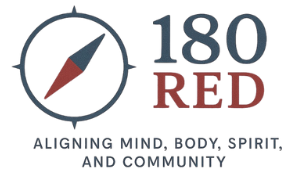
Featured Services
We provide various forms of mental health therapy/counseling and psychological evaluations to all families in need of treatment and intervention.
We’re Here For You! Schedule An Appointment
Schedule An Appointment
Deciding to come to therapy is a huge step. After you complete the Schedule an Appointment form on our website, someone will reach out to you within 24-48 business hours to schedule an appointment. This session can be booked as early as the same week.
Schedule AppointmentClient Portal
Log in to the client portal for 180 R.E.D. to manage your appointments, join telehealth sessions and complete paperwork. If you don’t have a portal account yet or have forgotten your password, please contact our office.
CLIENT PORTALCareers at 180 R.E.D.
We are always looking to add quality staff to expand our capacity to meet more needs in our communities and are actively accepting interns as well as hiring part time/full time clinicians. To view our available positions/apply, please visit the link below.
180 R.E.D. Careers


